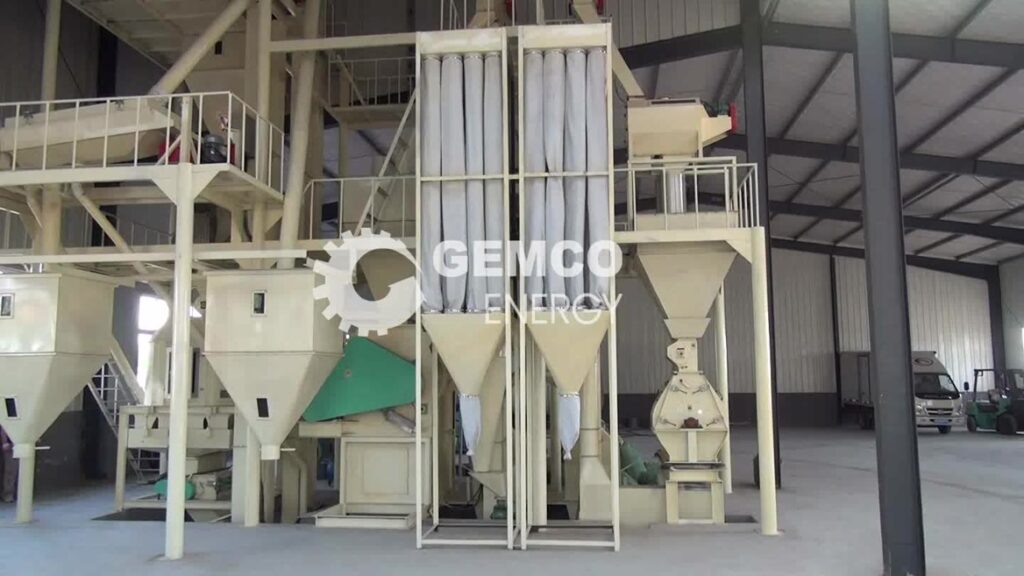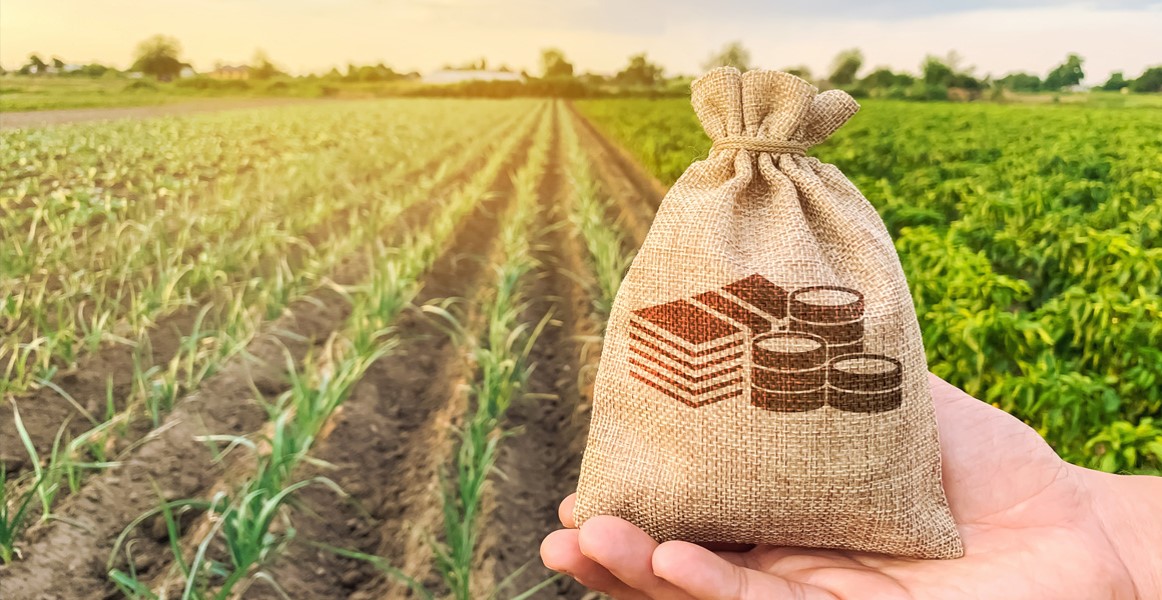
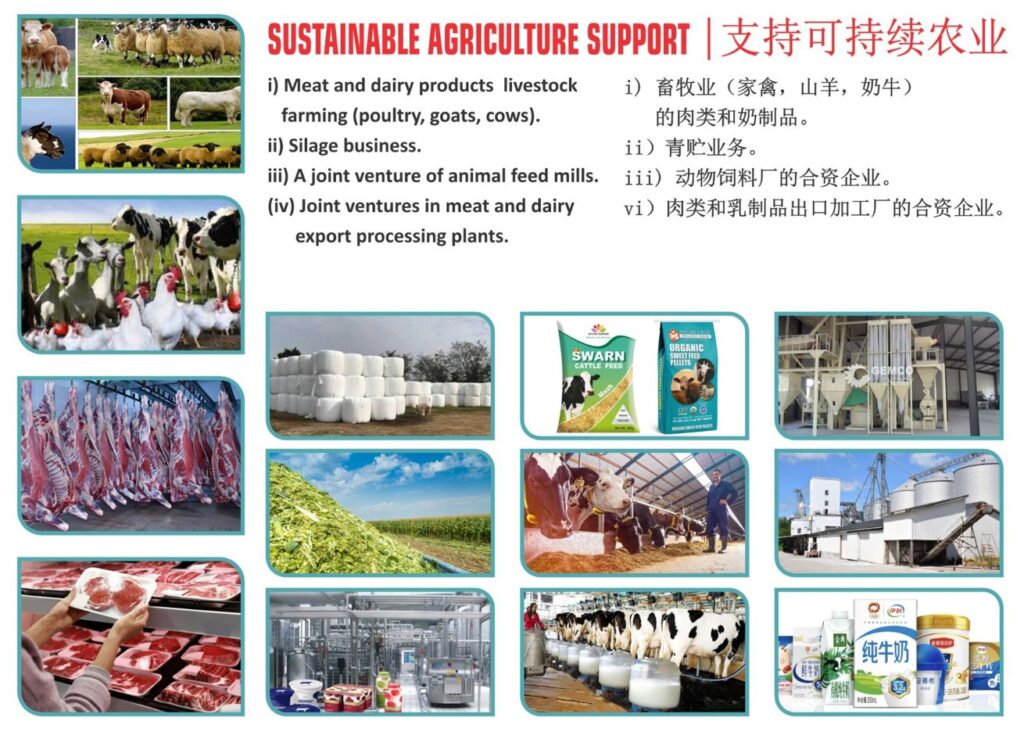
Rural economic growth and trade are crucial components of overall economic development, particularly in countries where agriculture plays a significant role in the economy.
some key aspects to consider:
1)Agricultural Development: This includes providing farmers with access to modern technologies, improved seeds, fertilizers, and training in modern farming techniques to increase productivity.
2) Infrastructure Development: Developing rural infrastructure such as roads, bridges, and storage facilities is essential for facilitating trade and connecting rural areas to urban markets.
3) Access to Markets: it needs to improve transportation networks, establishing market linkages, and supporting value-added activities such as food processing and packaging. Additionally, initiatives like farmer cooperatives can help small-scale farmers collectively market their produce and negotiate better prices.
4) Trade Policies: The government should provide incentives for agricultural exports, and promoting fair trade practices that benefit rural producers.
5) Diversification: Encouraging diversification of rural economies beyond agriculture. This can involve promoting small-scale industries, eco-tourism, and other non-farm activities that create employment opportunities and generate income in rural areas.
6) Access to Finance: Establishing rural credit programs, microfinance institutions, and providing financial literacy training can empower rural communities to participate more effectively in economic activities.
7) Technology Adoption: Embracing technology can enhance productivity and competitiveness in rural areas. This includes adopting precision agriculture techniques, using mobile apps for market information and financial transactions, and leveraging e-commerce platforms to access larger markets.
8) Sustainable Practices: Promoting sustainable agricultural practices is vital for long-term rural economic growth. This involves conserving natural resources, adopting climate-smart agriculture techniques, and investing in renewable energy sources to reduce dependence on fossil fuels.
By addressing these factors comprehensively, policymakers can foster rural economic growth and trade, thereby reducing poverty, improving livelihoods, and promoting overall economic development.
At GPWO, we work in partnership with local and international governments, private sector and NGOs, development aid organizations, and financial institutions, as well as other donors, to drive enterprise-led development. Our programs foster enterprise-led economic growth and job creation through comprehensive analysis, regulatory reforms, trade advocacy, and business capacity building to drive sustainable development results. GPWO economic development and trade programs are focused on: Investing in leading-edge research, analysis, and technical capabilities to make informed program decisions to support entrepreneurs in achieving their development goals;
1.Small-scale industries and rural development
While agriculture historically played a dominant role in shaping economies. Now rural areas are changing, investment priorities in rural areas should change too. The goal is to promote sustainable economic growth, generate employment, and enhance the overall well-being of rural populations via establishing joint ventures and linking urban economy to rural economy. Here is a list of potential rural industries:
Textile and Garment Industry:
- Paper and board industry
- Livestock farming & Poultry farming
- Small-scale food processing units
- Fruit and vegetable canning
- Dairy processing & Meat processing
- Bakery and confectionery
Handicrafts and Cottage Industries
- Small-scale solar power projects
- Renewable Energy: Biogas production & Biomass energy (Biomass pallet)
- Mini hydropower projects
- Argo-tourism &Local food and cuisine
- Production of Cotton and silk as industry
Sustainable Agriculture Business
Poultry Farming, Livestock farming
Aim to introduce commercial farming by providing loan and Joint Venture Opportunities Livestock farming both for Dairy Farming and Meat Cattles.Poultry Farming for egg and meat.
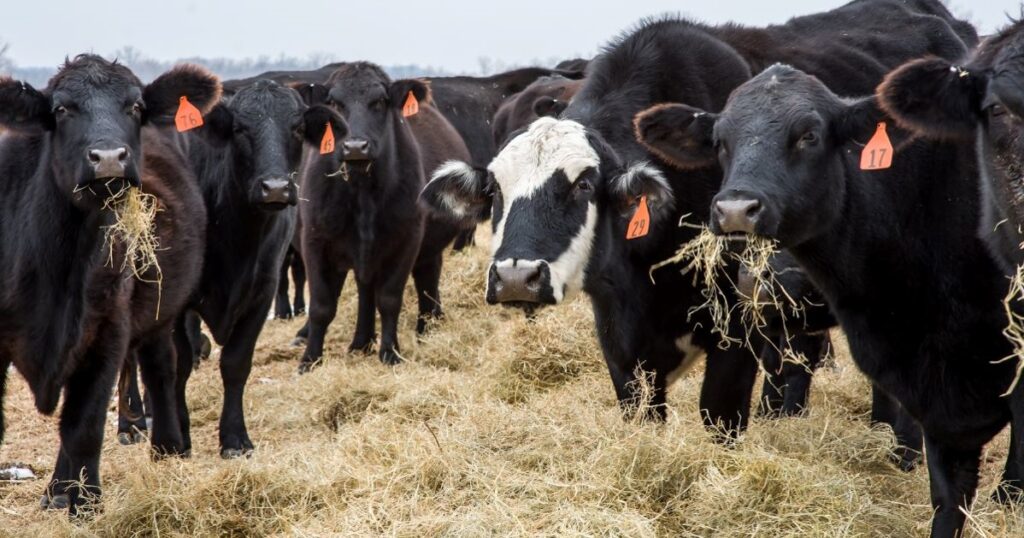
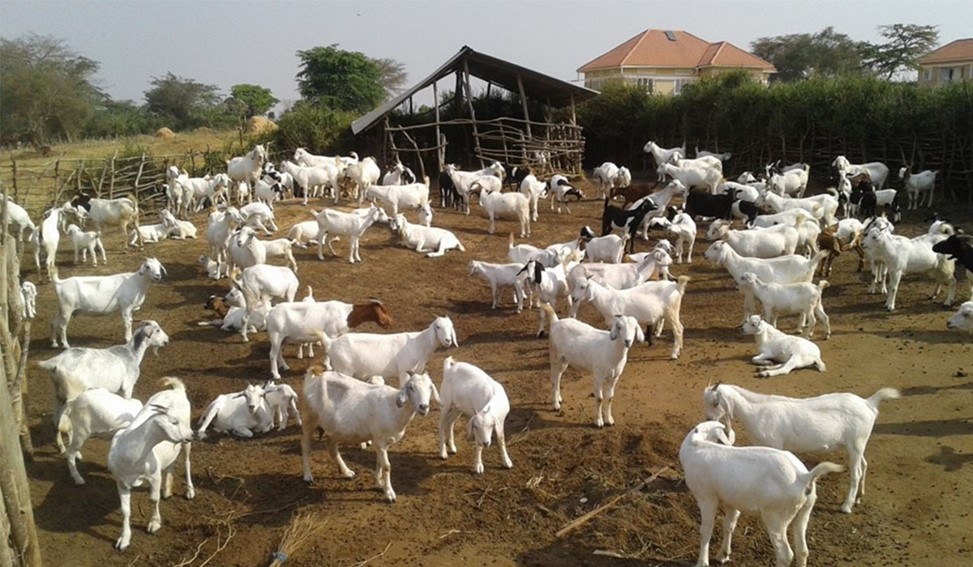
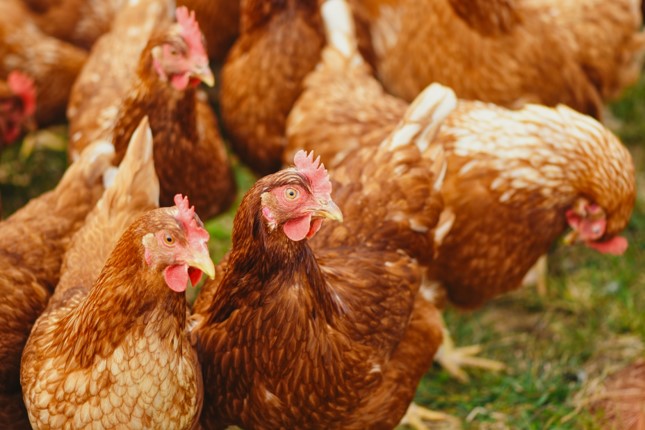
Dairy Products & Meat Exports

Required partner to establish Joint Venture for processing plant and export!
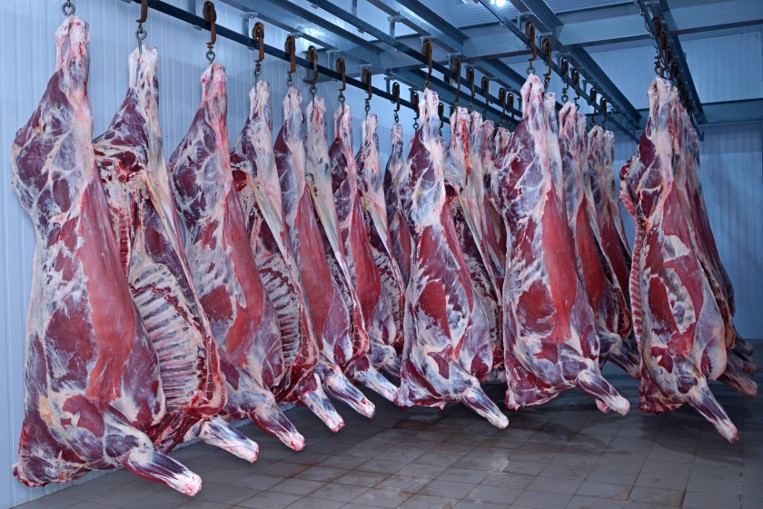

Silage and Feed Mills
Introducing Silage as a business commodity for commercial farming and feed for own animal
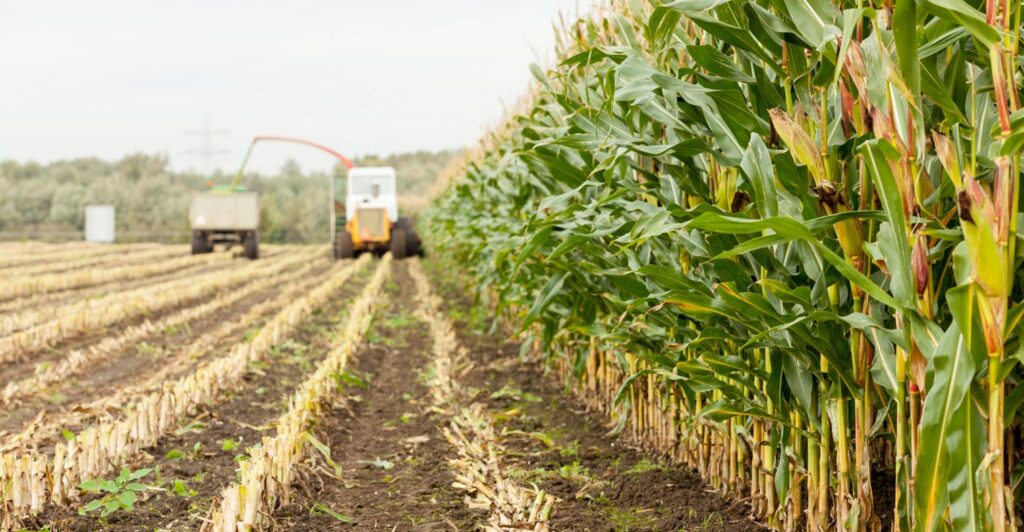
5. Required loan or Joint ventures for Small/Medium Capacity Animal feed and pellet processing plants.

